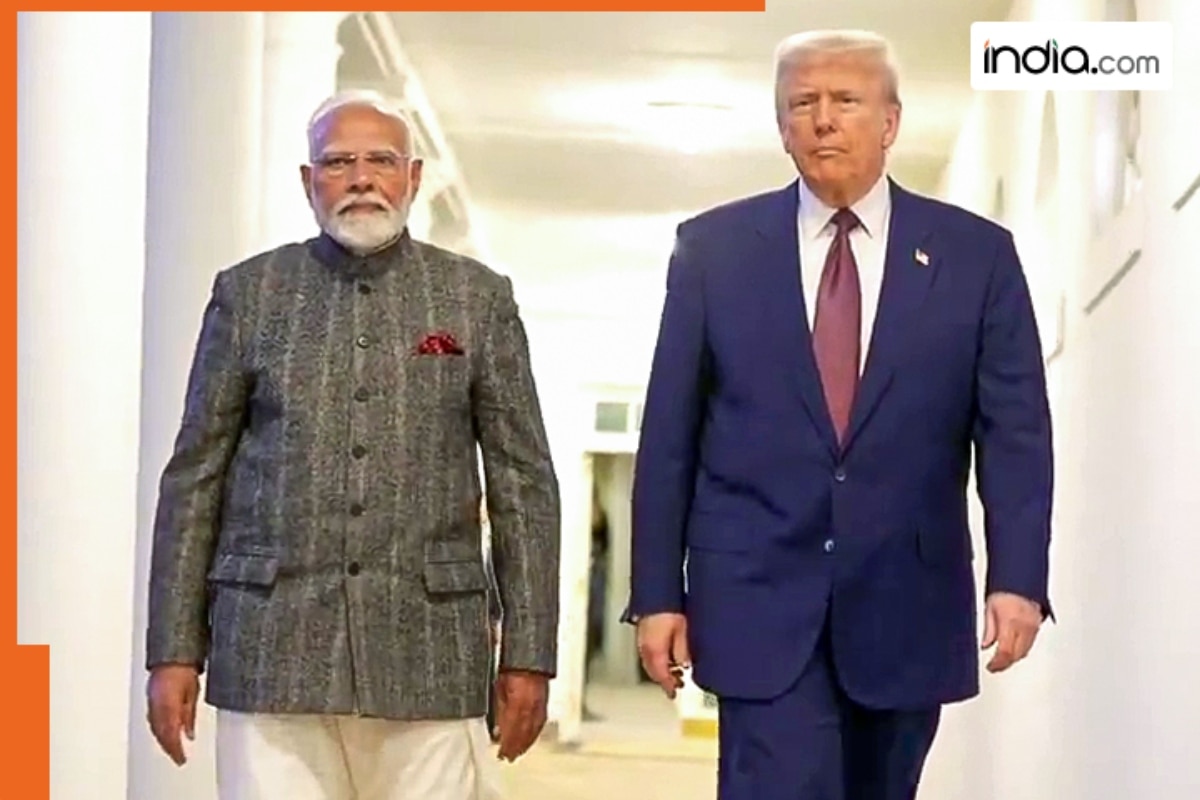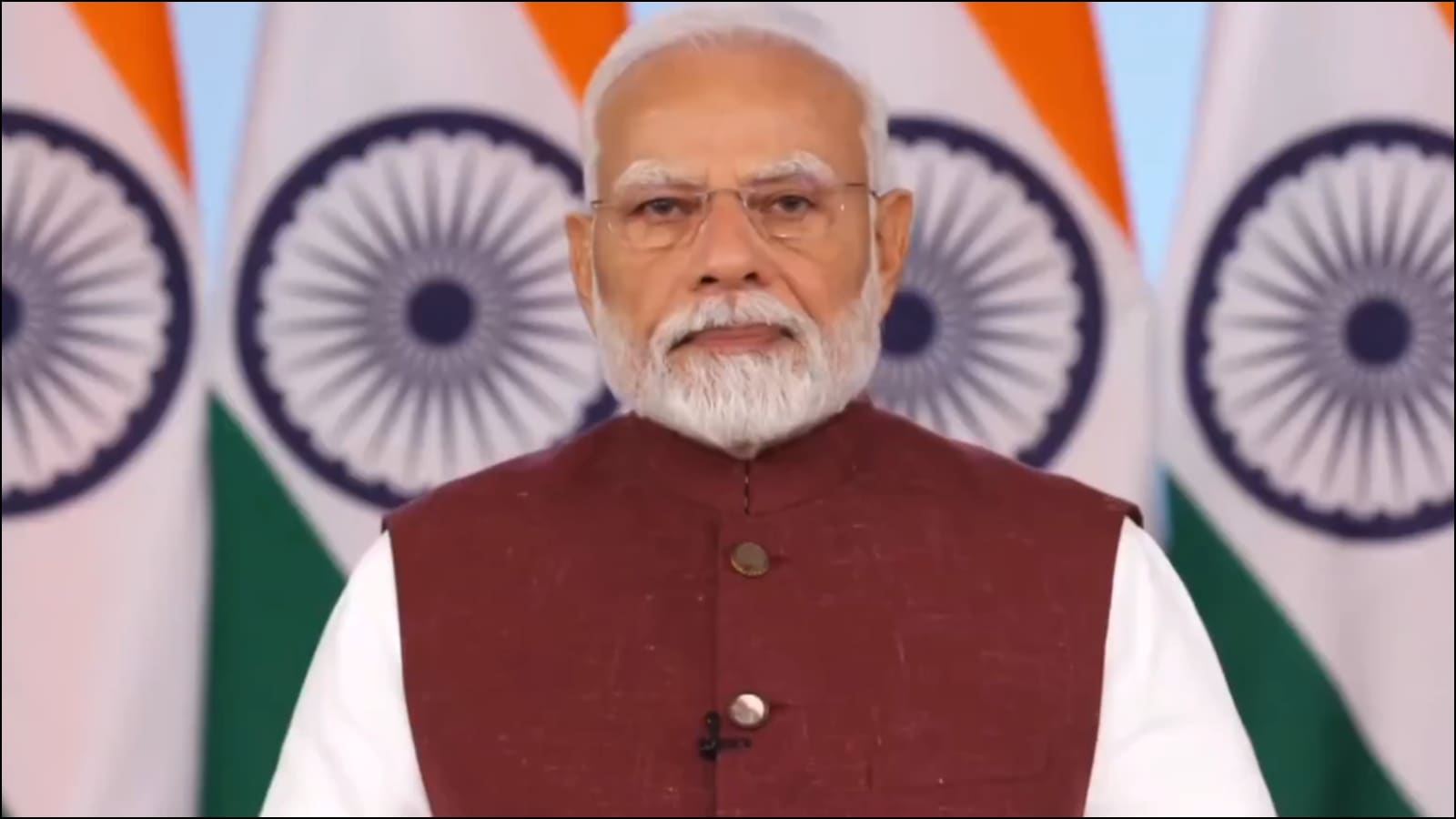Judge sides with Democratic attorneys general challenging executive order
A federal judge on Friday blocked President Donald Trump’s attempt to overhaul elections in the U.S., siding with a group of Democratic state attorneys general who challenged the effort as unconstitutional.
The Republican president’s March 25 executive order sought to compel officials to require documentary proof of citizenship for everyone registering to vote for federal elections, accept only mailed ballots received by Election Day and condition federal election grant funding on states adhering to the new ballot deadline.
The attorneys general said the directive “usurps the States’ constitutional power and seeks to amend election law by fiat.” The White House defended the order as “standing up for free, fair and honest elections” and called proof of citizenship a “commonsense” requirement.
Judge Denise J. Casper of the U.S. District Court in Massachusetts said in Friday's order that the states had a likelihood of success as to their legal challenges.
Casper also noted that, when it comes to citizenship, “there is no dispute (nor could there be) that U.S. citizenship is required to vote in federal elections and the federal voter registration forms require attestation of citizenship.”
Casper cited arguments made by the states that the requirements would “burden the States with significant efforts and substantial costs” to update procedures.
The ruling is the second legal setback for Trump’s election order. A federal judge in Washington, D.C., previously blocked parts of the directive, including the proof-of-citizenship requirement for the federal voter registration form.
The order is the culmination of Trump’s longstanding complaints about elections. After his first win in 2016, Trump falsely claimed his popular vote total would have been much higher if not for “millions of people who voted illegally.”
Trump’s order has received praise from the top election officials in some Republican states who say it could inhibit instances of voter fraud and will give them access to federal data to better maintain their voter rolls.
But many legal experts say the order exceeds Trump’s power because the Constitution gives states the authority to set the “times, places and manner” of elections, with Congress allowed to set rules for elections to federal office.














